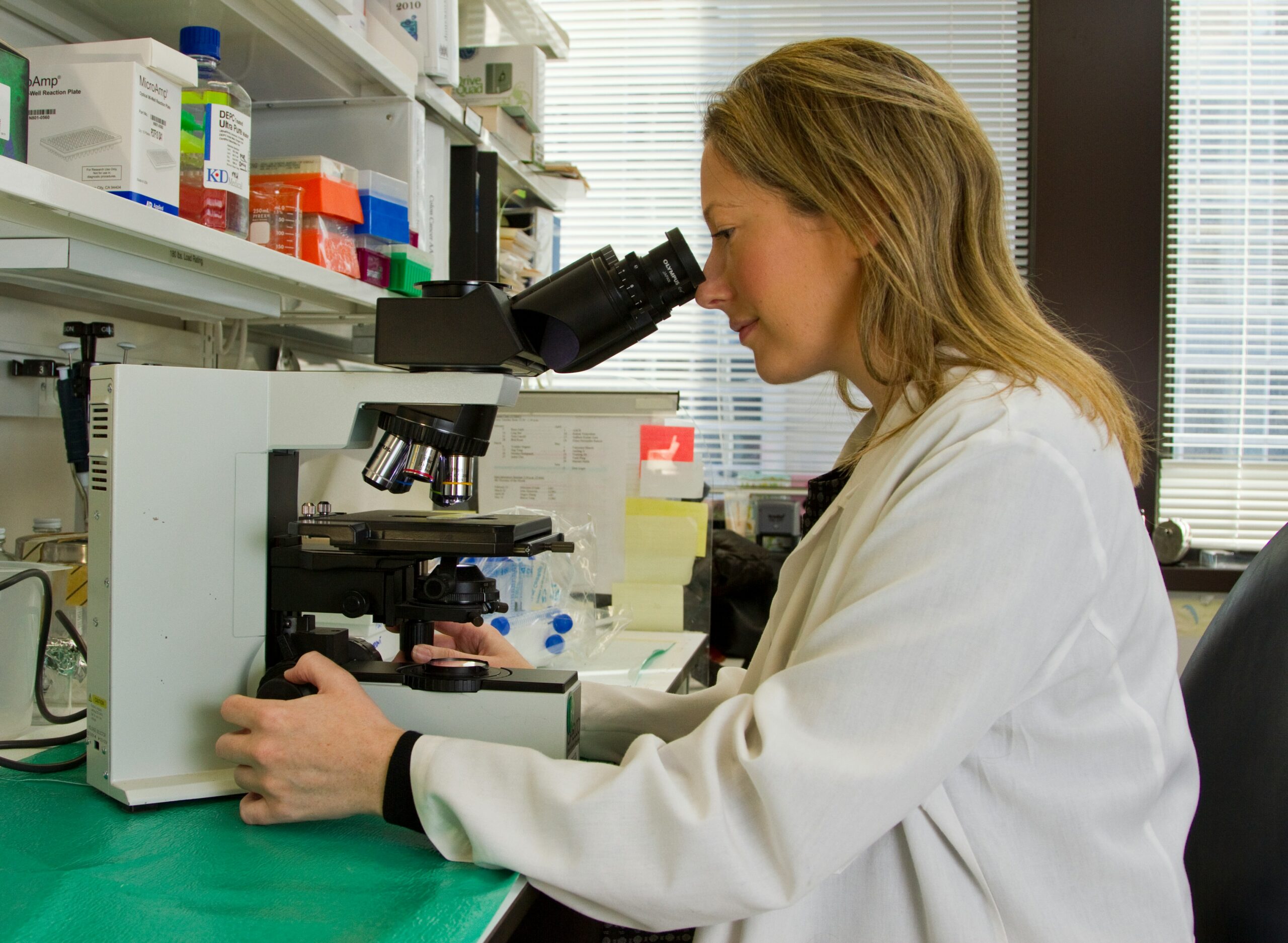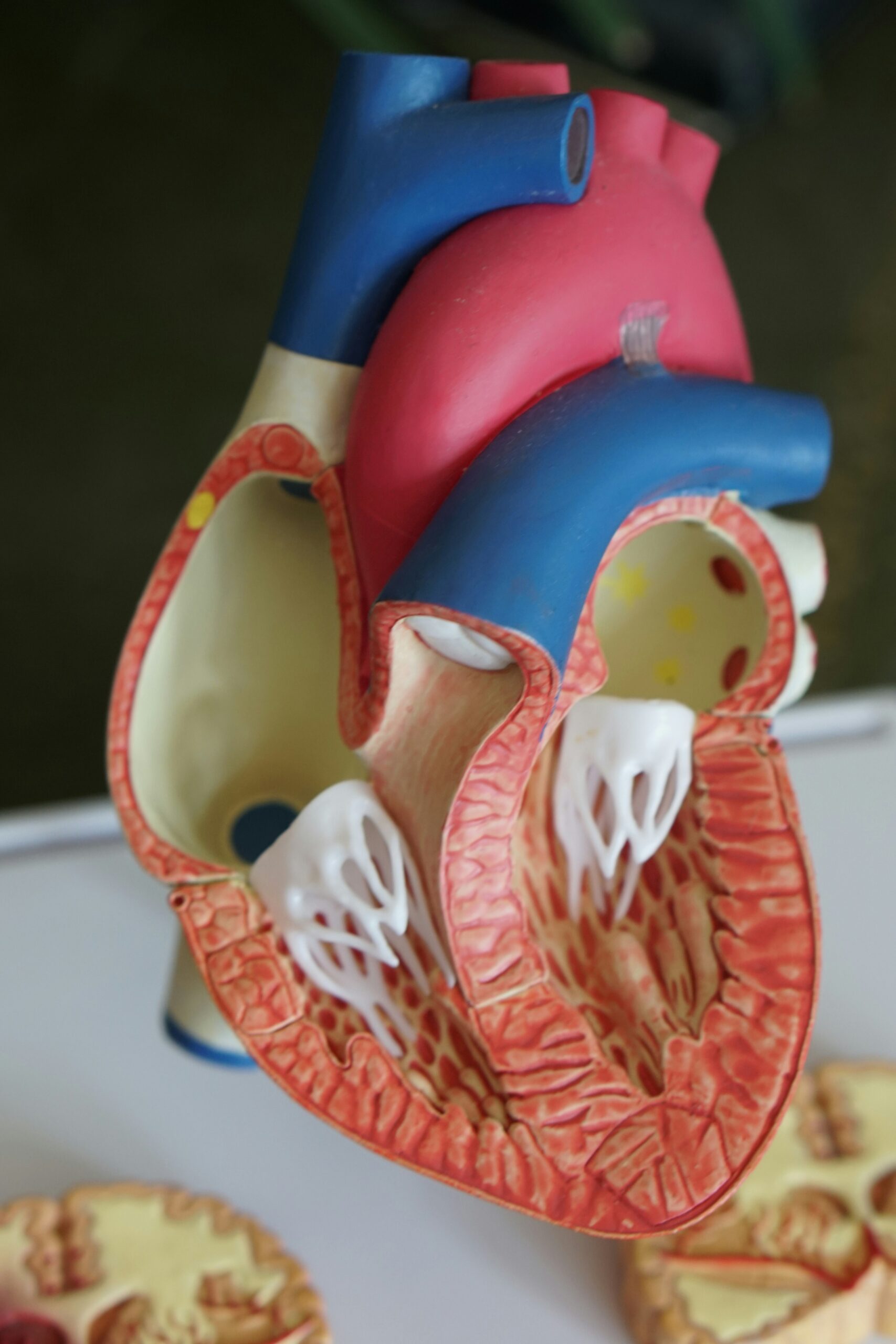Receiving a life-changing diagnosis can feel overwhelming, scary, and even isolating. Whether it’s a chronic illness, autoimmune disorder, heart condition, or another serious health challenge, your world can shift in an instant. Suddenly, your priorities change, and the way you approach your daily life may need to be completely redefined.
If you’ve ever been told that painful periods are “just part of being a woman,” you’re not alone. For millions of people worldwide, that pain isn’t normal—it’s a sign of endometriosis, a chronic condition that affects an estimated 1 in 10 women and many transgender and non-binary individuals. Yet, despite how common it is, endometriosis remains widely misunderstood, underdiagnosed, and overlooked.
Every year, millions of individuals and families are impacted by eating disorders, yet these conditions remain shrouded in misunderstanding and stigma. National Eating Disorders Awareness Week shines a much-needed spotlight on this critical issue, fostering conversations about mental health, body image, and recovery.
Every February, AMD/Low Vision Awareness Month shines a spotlight on age-related macular degeneration (AMD) and low vision, two conditions that significantly impact the quality of life for millions of people worldwide. This month serves as a vital reminder to prioritize eye health, understand the risks, and seek timely interventions.
Every February, National Cancer Prevention Month emphasizes the critical role that awareness and proactive choices play in reducing the risk of cancer. With millions of new cancer diagnoses each year worldwide, the importance of prevention cannot be overstated. This month serves as a reminder that we all have the power to take steps toward a healthier future.
Gall Bladder and Bile Duct Cancer Awareness Month is a time to shine a light on two rare but aggressive cancers that often go unnoticed. These cancers, which affect vital components of the digestive system, can be difficult to diagnose due to subtle symptoms that are frequently mistaken for other conditions. By raising awareness, we can help improve early detection, support patients and caregivers, and advance research efforts.
Every year, Heart Failure Awareness Week highlights an important yet often misunderstood condition affecting millions worldwide. Heart failure, a condition where the heart cannot pump blood effectively, touches the lives of patients, families, and communities. This awareness week is dedicated to educating the public about heart failure, its risks, and how early intervention can save lives.
Each year, February marks Cholangiocarcinoma Awareness Month, a time dedicated to shedding light on this rare but aggressive form of bile duct cancer. Cholangiocarcinoma, often called bile duct cancer, affects the slender tubes that carry bile from the liver to the small intestine. Though relatively uncommon, it poses significant challenges due to its subtle early symptoms and often late diagnosis.
Did you know that over 15% of adults worldwide experience some form of tinnitus? For many, this constant ringing, buzzing, or hissing sound in their ears is more than just a mild inconvenience—it’s a persistent challenge that affects their daily lives, from focusing at work to enjoying quiet moments at home. That’s why Tinnitus Awareness Week exists: to shine a light on this often-overlooked condition, educate the public, and support those living with it.









